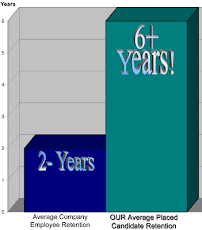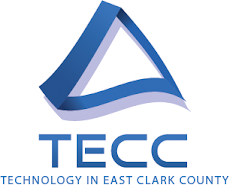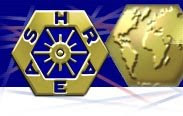A lot of team building events take up this approach of pitting coworkers against each other for meaningless contests. Companies want employees to work well in teams, share knowledge and to achieve mutual success. If these events would have panned out like the one above, it would be mainly competitive in nature. Here, the focus still ends up on competition, not cooperation or team-building.
HR managers are usually keen to make
Some win and most lose. Most participants will leave the competition with a sense of not being good enough to compete, which is not what you want your employees to feel.
2: Competition drives people to act manically, aggressively and harmfully
You get employees with the perfect CV, the right qualities and professionalism. But it is during these team building events that many become aware of their primal instincts.
3: People learn less after a competition
There is a significant achievement difference when you think about cooperative and competitive environments. Co-operative approach is the way to go since competition only drives people to do what they know, but co-operation makes them learn about humility, sacrifice and team-building. It is like having four brains!
4: Competition lowers performance:
Competition also makes most employees to perform worse than they can because of insecurity or lack of faith and confidence. This is especially true when employees are assigned complex tasks that require co-operation.
5: Waste of time
The average team building exercises take up too much time in finding and rewarding winners than making people do something useful. Most of them result in waste of time and most employees do not like these activities as it prevents them to do real, actual and useful work.
- A deeper understanding about other
- Co-workers should like each other more than they do presently
- Experience of good performance and a job done well together
- A feeling of doing good work and that one is capable of doing work better
- An increased desire of co-operation and helping
- To learn something which might be useful for work
- A sense that the event was good utility of time!














1 comment:
As someone at Cambridge myself (and sorry if this has already been brought up): I think it would be very easy to check the existence of a David Rose by checking past class lists, particularly if he got a starred first.
Cambridge publishes and archives all exam results, although it's only since 2009 that they've been put up on the web (by students).Lean Manufacturing Certification.
Post a Comment